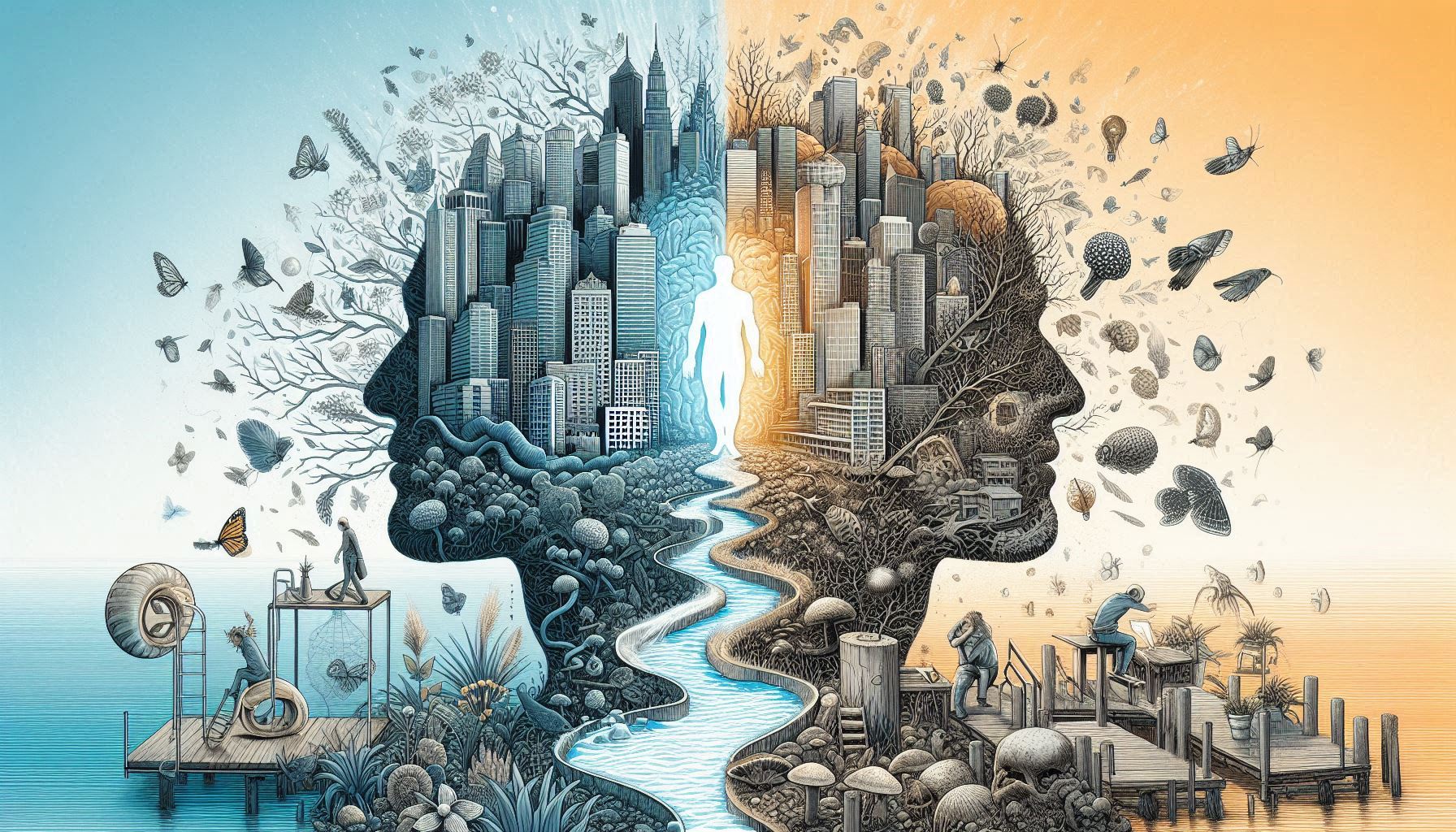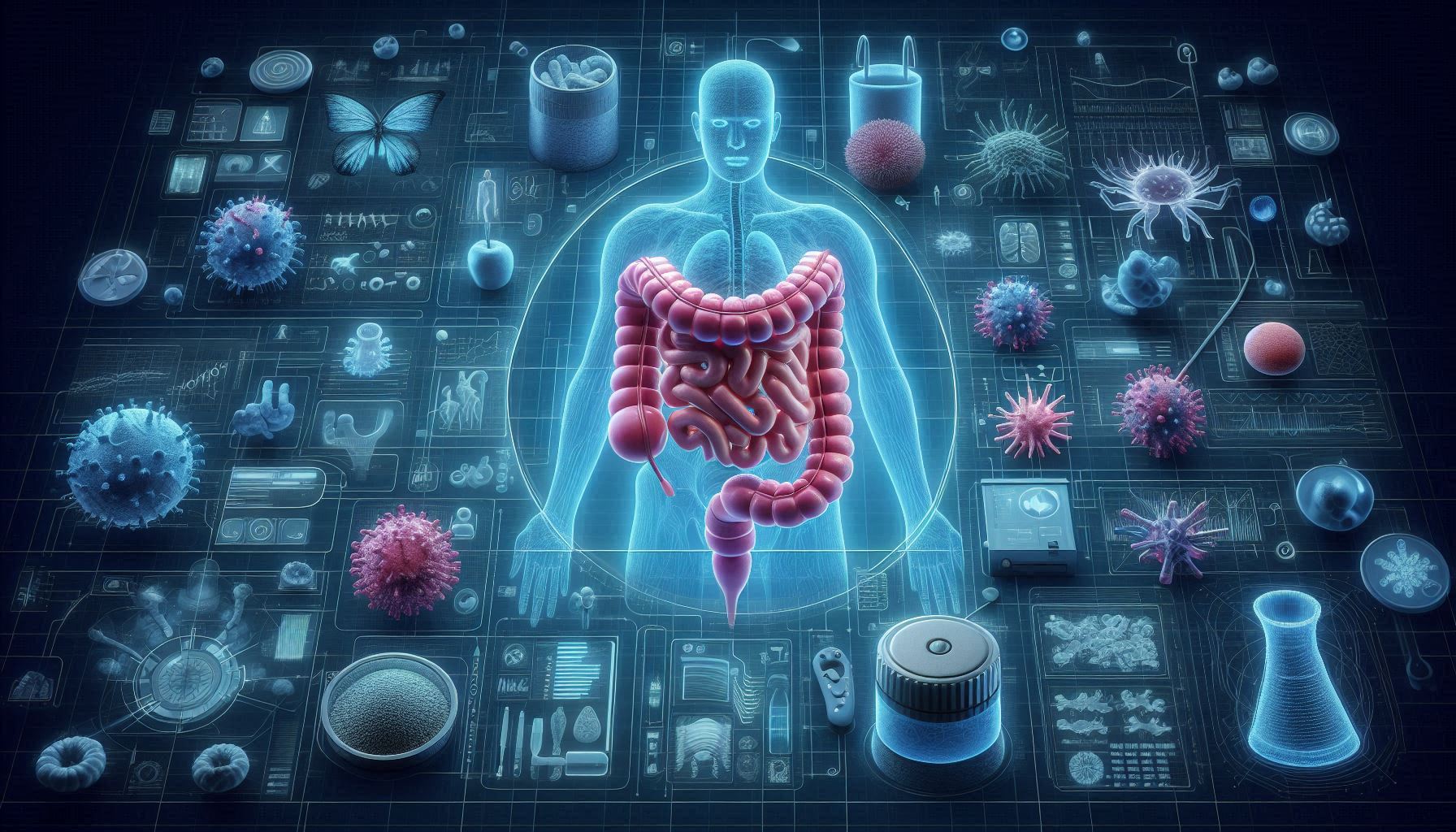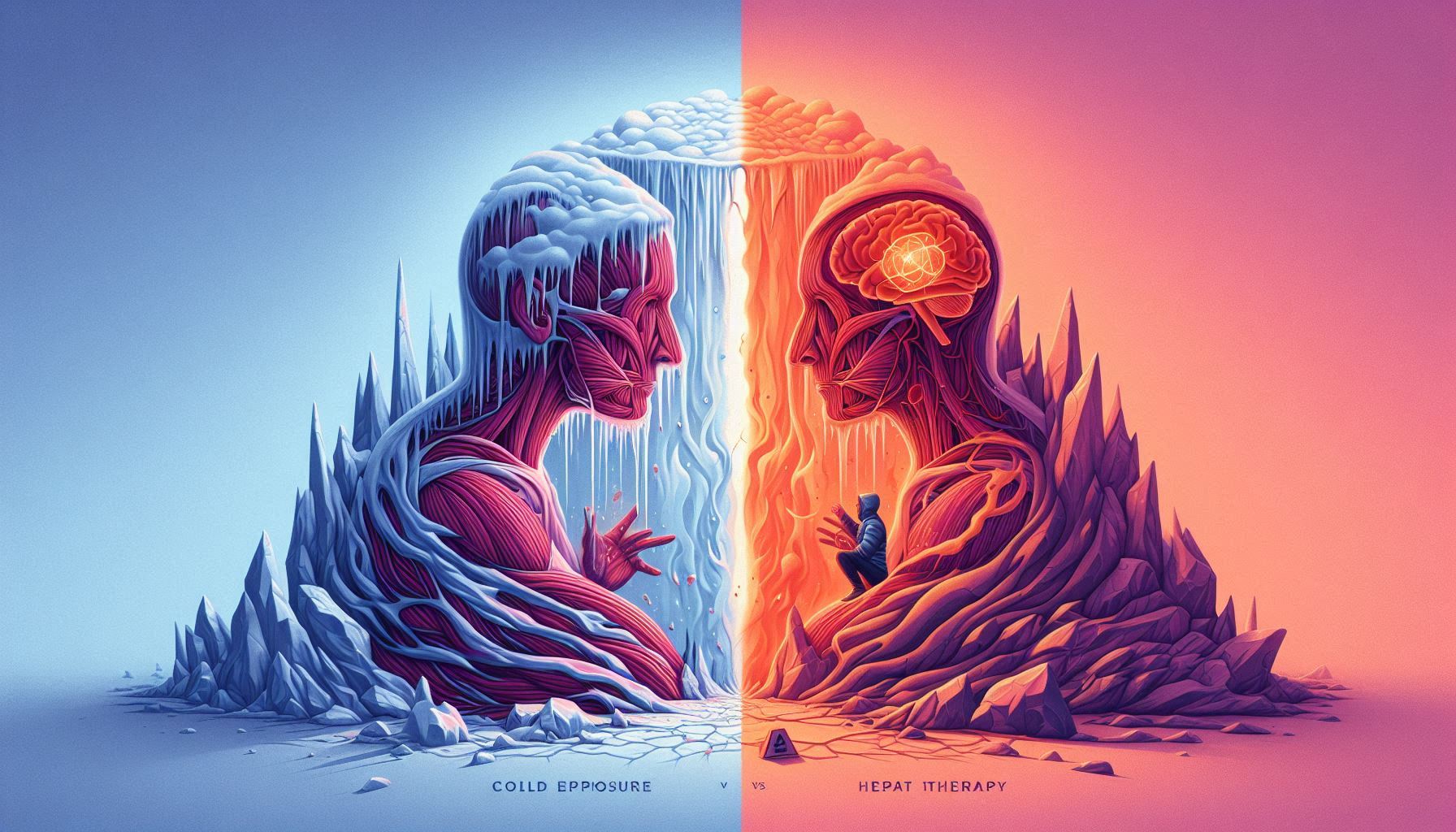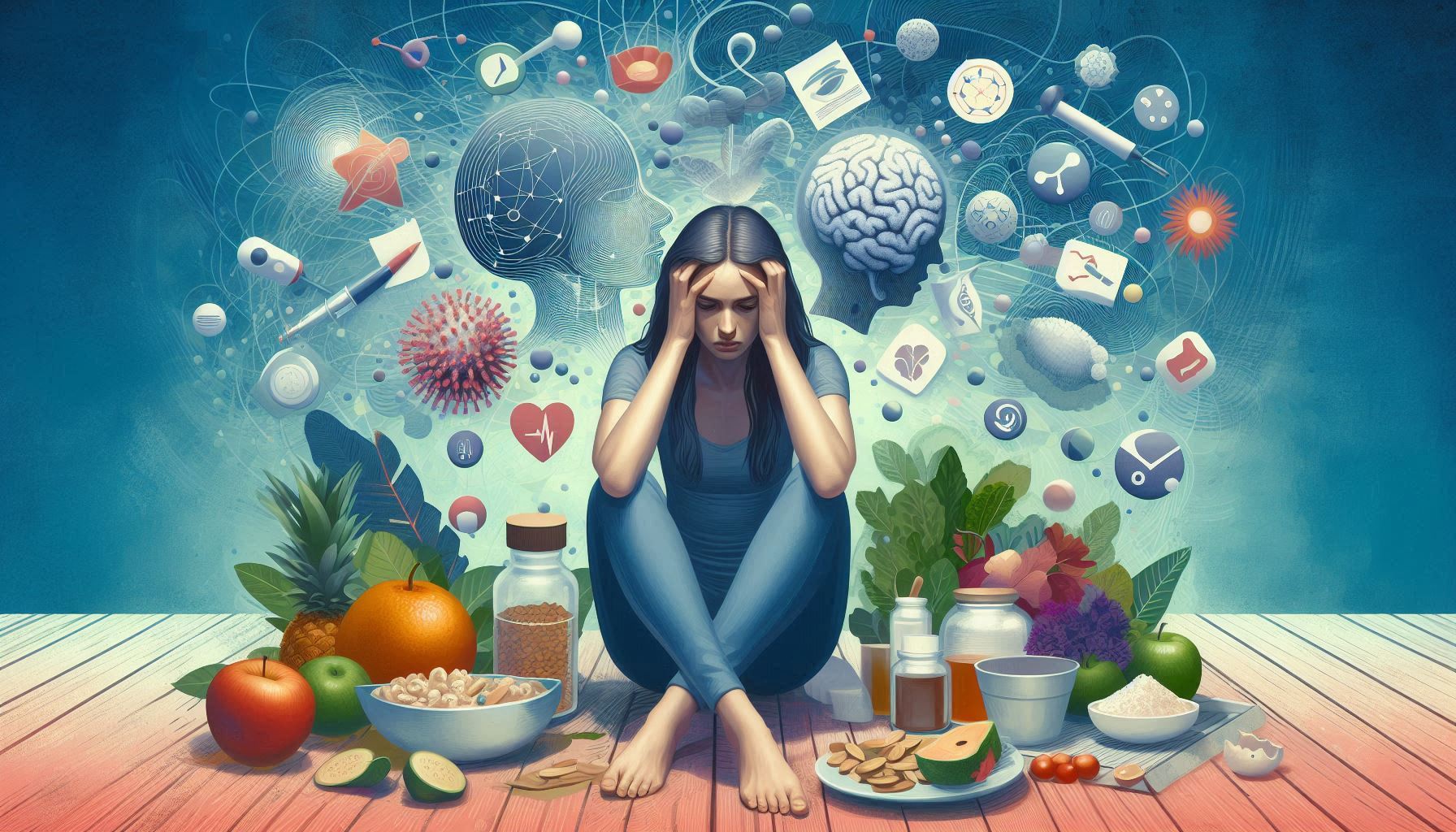Nature Deficit Disorder: Why Urban Living is Reshaping Human Biology
Reading Time: 9 minutesIntroduction: For the vast majority of human history, our species thrived in dynamic and complex natural environments—forests, grasslands, rivers, wetlands, and coastal regions. These ecosystems were not mere backdrops to human life; they were active participants in shaping our evolution. Our physiology, cognitive capacities, immune system, and even the composition Read more








